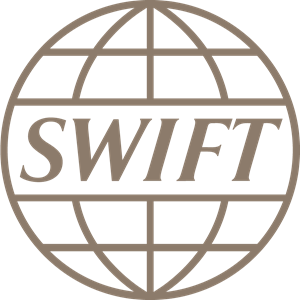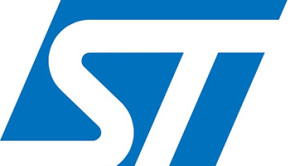The Society for Worldwide Interbank Financial Telecommunications (SWIFT) system is the infrastructure behind most international money and security transfers. It is a vast messaging network that banks and financial institutions use to quickly and accurately send information such as money transfer instructions, but it itself is not a financial institution and does not hold or transfer assets. The system is so widely-used that in 2021 more than 11,000 SWIFT member institutions across the world used the system to send an average of 42 million messages every day.
Activities
SWIFT provides services across the globe. The organization offers custody and asset servicing, payments, cash management, funds processing, securities settlement, technical consulting, trade, and supply chain services, although it’s core product is an international messaging system that is used by financial institutions.
History
The Society for Worldwide Interbank Financial Telecommunication, abbreviated to SWIFT, began in 1973 when 239 banks from 15 different countries formed a cooperative to build a system that would reliably communicate cross-border payments. At the time, telex technology was the most commonly used system, but it was not particularly effective.
The SWIFT system that went live in 1977 is a messaging network that financial institutions can use to securely transmit information and instructions. By using a standardized system of codes, where each institution has eight or eleven characters, SWIFT was able to facilitate secure, efficient communication between member institutions. It is not, as many people believe, a financial institution itself, and does not hold or transfer any assets. Nonetheless, it has become a crucial part of global financial infrastructure and today SWIFT has more than 11,000 members sending over eight billion messages a year. It has also expanded to offer security transactions, treasury transactions, trade transactions, and system transactions.
SWIFT and Geopolitics
The system is so crucial for facilitating international financial transfers that SWIFT has found itself at the center of geopolitics on more than one occasion. In 2012, the European Union sanctioned banks in Iran, which led to SWIFT being forced to disconnect those banks from its system.
In 2022, after Russia launched an invasion into Ukraine, leaders in the US, EU, and UK agreed to exclude a number of Russian banks from SWIFT as part of a series of hefty sanctions. The move was aimed at stifling the country’s banking network and stopping it from accessing funds through SWIFT. The disconnection would force banks to deal directly with one another which adds delays and extra costs.
As SWIFT is itself not a financial institution, Russia and its banks could try to replace SWIFT’s communications system and keep international trade flowing smoothly, but any alternatives would add significant costs and risks for Russian businesses. Even if Russia manages this, the short-term impact on Russia is a huge reduction in import and export volumes, which reduces the amount of revenue available to the Russian Government for its war effort.
Description
SWIFT is a secure messaging system for banks, which facilitates rapid cross-border payments. It has been revolutionary in allowing faster, smoother, international payments, and has become a crucial part of financial infrastructure.








